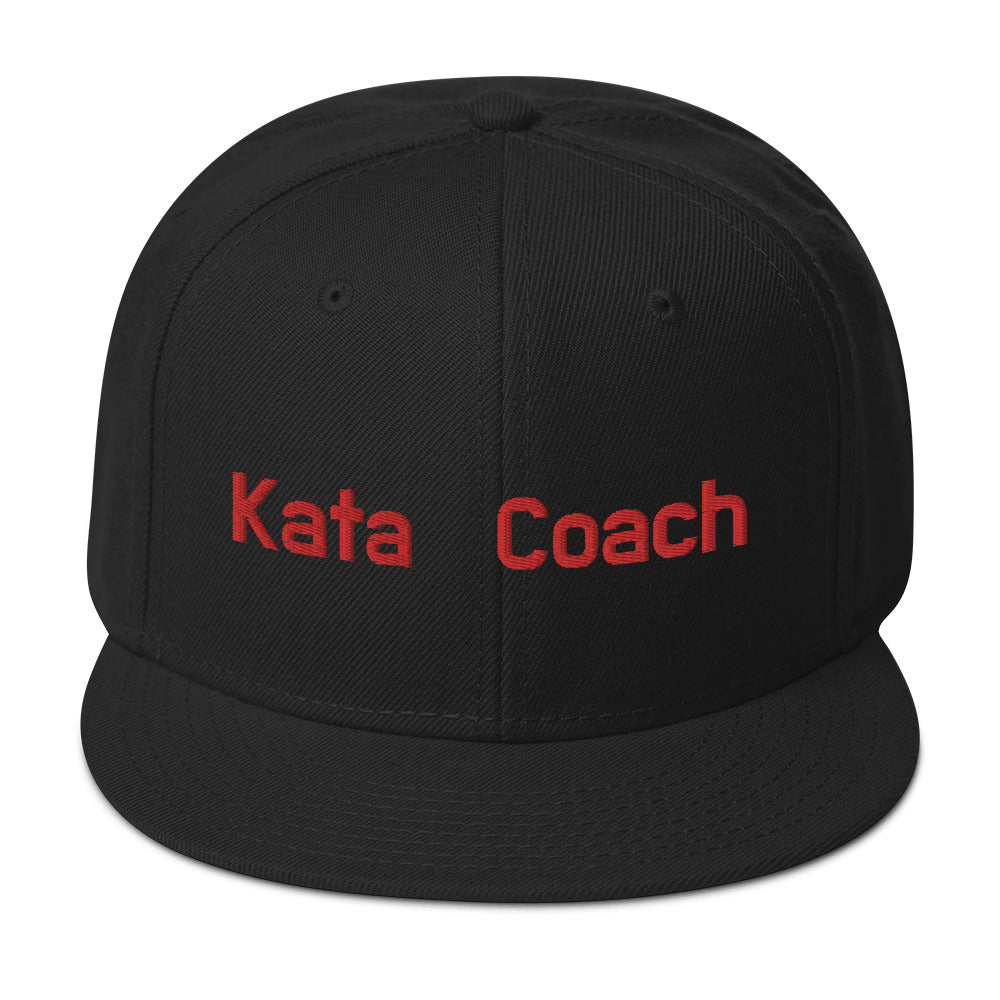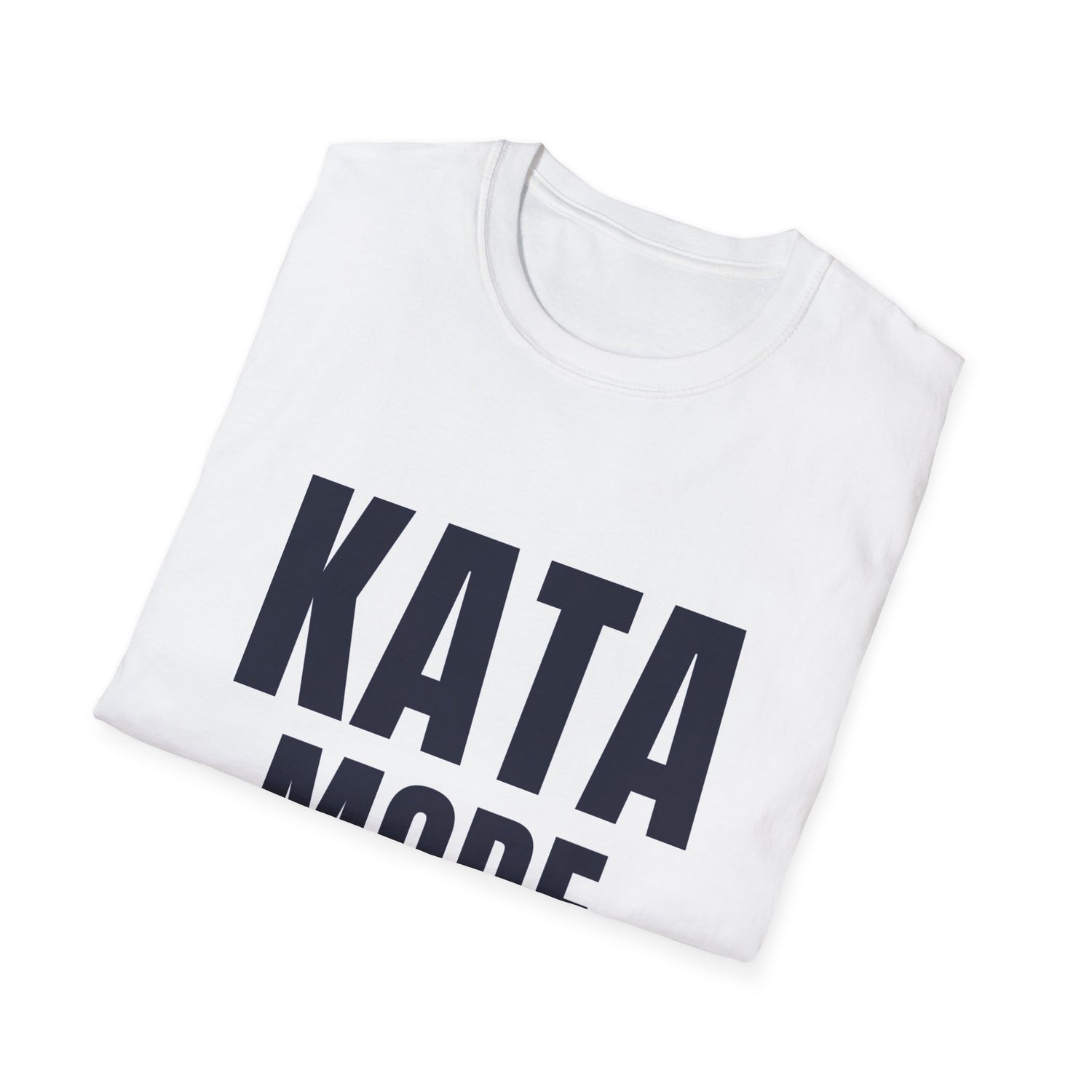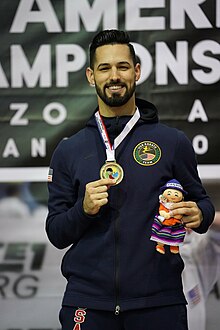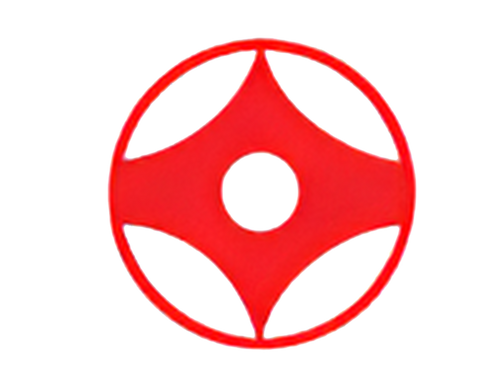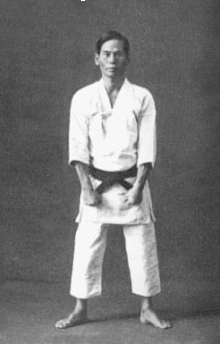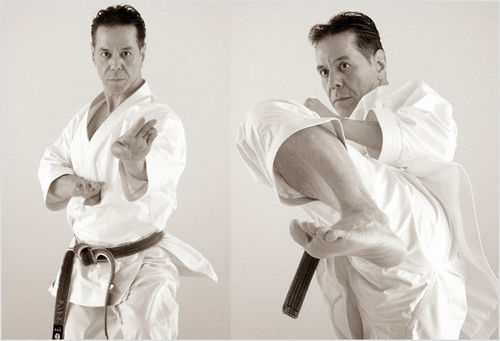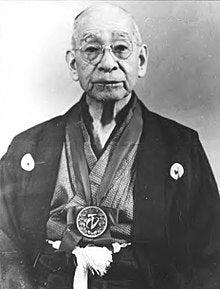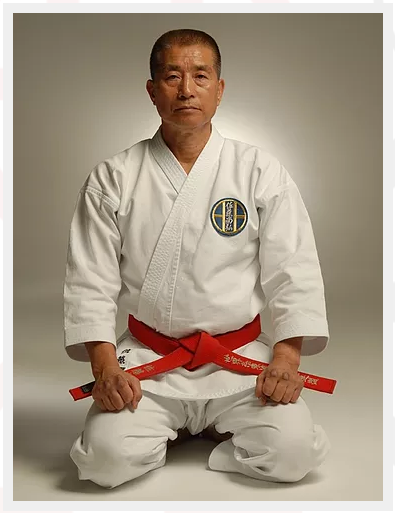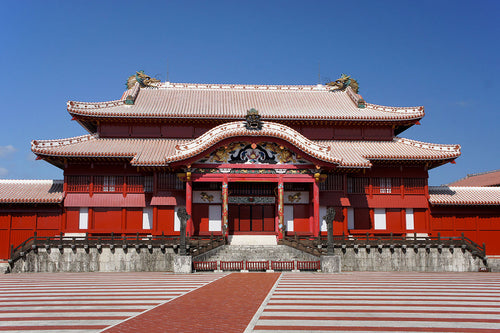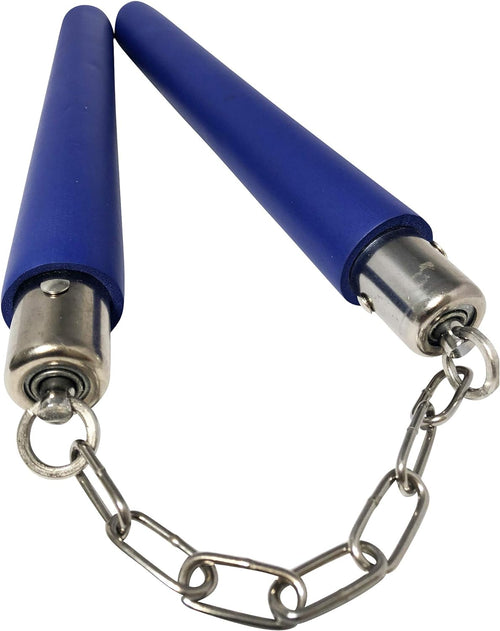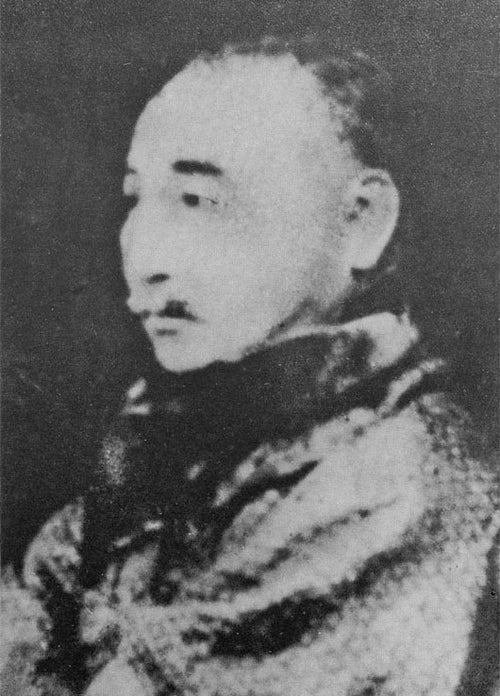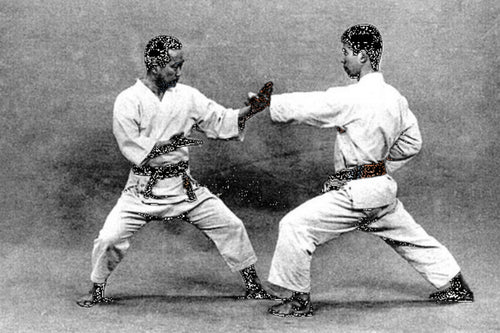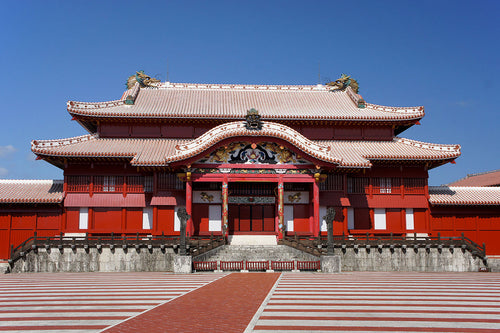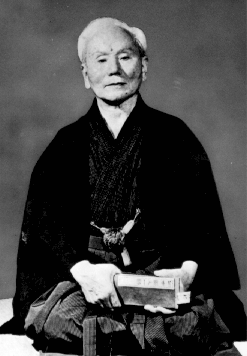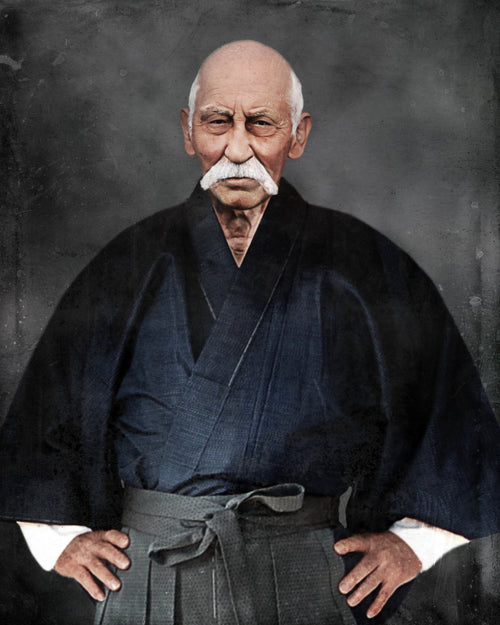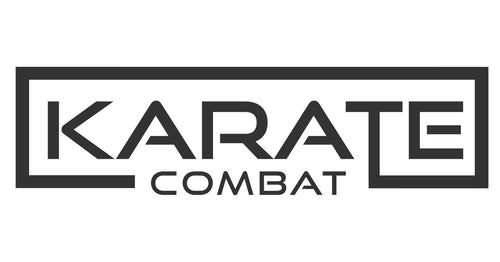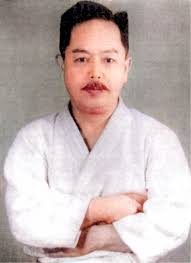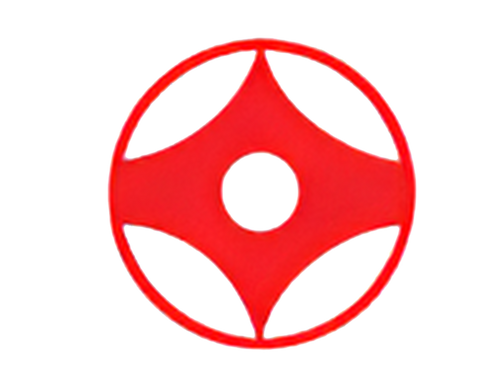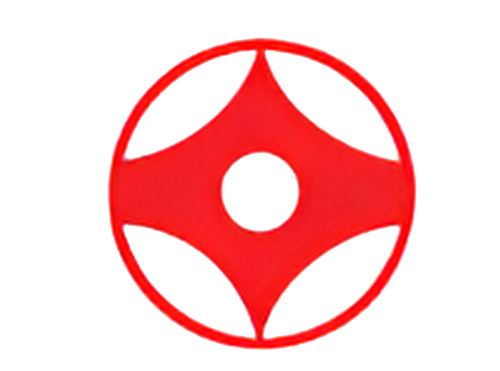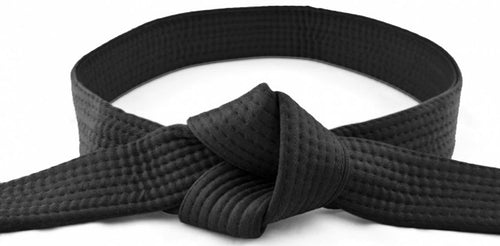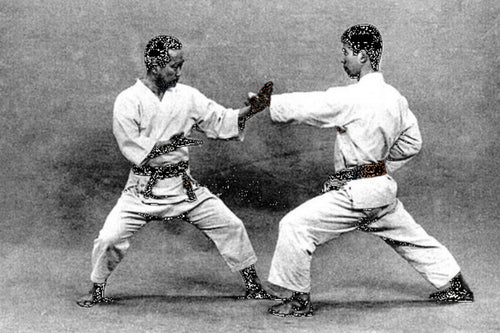In the hustle and bustle of our modern lives, the pursuit of balance, discipline, and physical and mental well-being is more crucial than ever. For many adults, this quest leads them to explore activities that not only enhance their fitness levels but also nurture their mental resilience. One such transformative practice is karate. In this comprehensive guide, we will explore the world of karate for adults, diving into its numerous benefits and guiding you to the best karate experiences near you.
The Power of Karate for Adults: Karate is not merely a physical activity; it is a holistic way of life that cultivates discipline, self-control, and mental clarity. Whether you are a complete beginner or someone with prior experience, engaging in karate as an adult offers a unique blend of physical exercise and mental fortitude. The controlled movements, precise techniques, and focus on breath control contribute to a harmonious synthesis of fitness and mindfulness.
Why Choose Karate for Adults Near You: The search for "karate for adults near me" is a quest for both convenience and accessibility. Local dojos and karate schools provide the opportunity to embark on this transformative journey without the inconvenience of long commutes. With the guidance of experienced instructors, you can tailor your karate practice to your individual needs, ensuring a personalized and effective approach to martial wellness.
How Karate Benefits Adults: Karate offers a myriad of physical, mental, and emotional benefits for adults. Let's delve into each aspect:
Physical Fitness: Karate provides a comprehensive full-body workout, targeting various muscle groups and improving overall strength, flexibility, and cardiovascular health. The practice of katas (choreographed patterns of movement) and sparring sessions enhance agility and coordination.
Mental Focus: The essence of karate lies in the precision and control of movements. Practitioners learn to concentrate on each technique, promoting mental clarity, focus, and improved reaction times. The mindfulness cultivated in karate extends beyond the dojo, positively impacting daily life.
Stress Relief: The rhythmic, controlled movements in karate act as a powerful stress-reliever. Engaging in physical activity releases endorphins, the body's natural mood lifters, helping to reduce stress and anxiety. The meditative aspects of karate further contribute to a sense of calm and balance.
Self-Defense Skills: While karate is an art form and a sport, it is also a practical means of self-defense. Adults can gain confidence knowing they possess the skills to protect themselves if the need arises. Karate teaches situational awareness, effective striking techniques, and strategies for escaping potentially dangerous situations.
The Mental and Emotional Journey in Karate: Karate is not just about kicks, punches, and blocks; it is a journey of self-discovery and personal growth. As adults engage in regular karate practice, they often find themselves undergoing transformative experiences on a mental and emotional level.
Setting and Achieving Goals: In karate, progression is marked by the attainment of higher belt ranks. Each belt represents a stage of proficiency, requiring dedication, discipline, and perseverance to achieve. Adults can set and work towards these goals, experiencing a sense of accomplishment with each advancement.
Building Confidence and Resilience: The challenges faced in karate training contribute to the development of confidence and resilience. Adults learn to push their physical and mental limits, overcoming obstacles and setbacks. This newfound resilience extends beyond the dojo, positively impacting various aspects of life.
Fostering Discipline and Self-Control: Karate instills a sense of discipline and self-control through the adherence to dojo etiquette, respect for instructors and fellow practitioners, and the mastery of controlled techniques. These principles become integral to an adult's daily life, influencing decision-making and behavior.
Cultivating Mindfulness: The meditative aspects of karate, particularly in kata practice, cultivate mindfulness. Adults learn to be fully present in the moment, enhancing their ability to concentrate, reduce stress, and approach challenges with a clear mind. The mindfulness cultivated in karate can have a positive ripple effect on other areas of life.
The Social Aspect of Karate for Adults: Engaging in karate as an adult is not only a solitary pursuit but also an opportunity to connect with a like-minded community. The social aspect of karate fosters a sense of belonging, camaraderie, and support among practitioners.
Community Bonding: Local dojos and karate schools often become tight-knit communities where adults form meaningful connections with fellow practitioners. The shared journey of self-improvement creates a supportive environment where individuals encourage and inspire one another.
Instructor Guidance: Experienced karate instructors play a crucial role in the development of adult practitioners. Beyond teaching techniques, instructors provide guidance, mentorship, and a source of motivation. The relationships formed with instructors contribute to the overall positive experience of practicing karate as an adult.
Team Collaboration: In certain karate training formats, such as partner drills and sparring, adults collaborate with others, fostering teamwork and mutual growth. The shared experience of facing challenges together strengthens bonds and creates lasting friendships.
The Physical Components of Karate Training: To truly understand the impact of karate on adults, it's essential to explore the physical components of karate training in depth. From basic stances to advanced techniques, each element contributes to the overall development of a practitioner.
-
Stances: Karate stances form the foundation of the martial art, providing stability, balance, and a platform for effective movement. Common stances include the front stance (zenkutsu dachi), back stance (kokutsu dachi), and horse-riding stance (kiba dachi). Adults learn to execute these stances with precision, contributing to improved posture and body awareness.
-
Strikes and Punches: Karate incorporates a variety of strikes and punches, each with specific applications and targets. From the basic jab and cross to more advanced techniques like the knife-hand strike (shuto uchi) and ridge-hand strike (haito uchi), adults develop striking proficiency through focused practice on pads, bags, and with training partners.
-
Kicks: Kicking techniques in karate range from low kicks to high kicks, emphasizing both power and flexibility. Common kicks include the front kick (mae geri), roundhouse kick (mawashi geri), and side kick (yoko geri). Adults work on refining their kicking techniques, incorporating them into combinations and sparring scenarios.
-
Blocks and Defense Techniques: Defensive maneuvers are integral to karate, teaching adults how to protect themselves from incoming attacks. Blocks, parries, and evasive maneuvers are practiced to develop quick and effective responses. Adults learn to seamlessly transition from defense to offense, a crucial aspect of practical self-defense.
-
Kata: Kata, or predetermined patterns of movements, serve as a cornerstone of traditional karate training. Adults perform katas to refine technique, demonstrate fluidity, and internalize the principles of the martial art. Each kata has its unique sequence, requiring precision, focus, and a deep understanding of martial principles.
-
Sparring: Sparring, or kumite, is a dynamic aspect of karate training that allows adults to apply techniques in a controlled, live setting. Through sparring sessions, practitioners enhance their timing, distancing, and adaptability. While safety is prioritized, sparring provides a realistic context for testing and refining learned techniques.
Choosing the Right Karate School: Selecting the right karate school is a pivotal step in your journey towards martial wellness. Consider the following factors when choosing a school that aligns with your goals and preferences:
-
Instructor Qualifications: Look for schools with experienced and qualified instructors. Instructors should have a strong background in karate, a recognized belt rank, and a commitment to ongoing professional development.
-
Class Structure: Assess the class structure and curriculum. A well-rounded program should include a balance of basics, forms, sparring, and self-defense. Classes tailored to different skill levels ensure that beginners and advanced practitioners receive appropriate instruction.
-
Facility Atmosphere: Visit the karate school to get a sense of the facility's atmosphere. A clean and organized environment, equipped with proper training gear, reflects the school's commitment to professionalism and student well-being.
-
Student Reviews: Seek out reviews and testimonials from current and former students. Positive reviews can provide insights into the school's teaching methods, atmosphere, and overall effectiveness in delivering quality karate instruction.
-
Trial Classes: Many karate schools offer trial classes or introductory programs. Take advantage of these opportunities to experience the teaching style, observe class dynamics, and assess whether the school aligns with your preferences.
-
Community Engagement: A thriving karate school often engages with the local community through events, seminars, and competitions. Community involvement indicates a commitment to fostering a supportive and inclusive martial arts community.
Karate for Adults Near Me – A Personalized Approach: The phrase "karate for adults near me" reflects the desire for a personalized and accessible approach to martial arts training. Local dojos and karate schools understand the unique needs and preferences of adult practitioners, tailoring their programs to accommodate busy schedules, varying fitness levels, and individual goals.
-
Flexible Class Schedules: Karate schools that cater to adults typically offer flexible class schedules, including evening and weekend options. This accommodates the diverse schedules of working professionals, parents, and individuals with other commitments.
-
Specialized Adult Classes: Some dojos provide specialized classes for adults, recognizing that adult practitioners may have different goals and preferences compared to younger students. These classes may focus on aspects such as practical self-defense, fitness, and stress relief.
-
Individualized Instruction: Personalized attention is crucial for adult learners. Karate schools that prioritize individualized instruction ensure that adults receive feedback, corrections, and guidance tailored to their unique needs. This approach accelerates skill development and enhances the overall learning experience.
-
Adaptable Training Intensity: Adult practitioners may have varying fitness levels and physical conditions. Karate schools that understand this diversity often offer adaptable training intensities, allowing individuals to progress at their own pace and gradually increase the intensity of their workouts.
-
Progression Recognition: Recognizing the achievements and milestones of adult practitioners is essential for motivation and retention. Karate schools that celebrate promotions, achievements in sparring, and dedicated attendance contribute to a positive and encouraging training environment.
Embarking on Your Karate Journey at karateka.shop: As you set forth on your karate journey, having the right equipment enhances your experience and supports your progress. Karateka.shop is your go-to online destination for high-quality karate gear, ensuring you are well-equipped for the challenges and triumphs ahead.
-
Uniforms and Gi: Explore a range of traditional and modern karate uniforms crafted from durable and breathable materials. The right gi provides comfort, mobility, and a sense of authenticity to your practice.
-
Belts: Choose from a variety of belts representing different ranks. The color progression in karate belts symbolizes your journey from a novice to a seasoned practitioner. A quality belt not only signifies your rank but also serves as a source of pride and accomplishment.
-
Protective Gear: Invest in protective gear, including gloves and shin guards, for sparring sessions. Ensuring your safety during training allows you to fully engage in dynamic and realistic practice.
-
Training Weapons: Explore training weapons such as bo staffs, nunchaku, and kali sticks to enhance your understanding of traditional martial arts weaponry. These training tools allow you to practice techniques safely and develop a well-rounded skill set.
-
Accessories: Discover a range of karate accessories, from equipment bags to training DVDs, to complement your training experience. The right accessories contribute to your convenience, organization, and overall enjoyment of your karate journey.
Conclusion: Karate for adults is more than a physical activity; it is a transformative journey encompassing physical fitness, mental focus, emotional growth, and community engagement. By choosing karate for adults near you, you embark on a path that offers not only practical self-defense skills but also a holistic approach to well-being.
The benefits of karate extend far beyond the dojo, influencing your daily life, relationships, and overall perspective. As you navigate the diverse components of karate training, from stances and strikes to katas and sparring, remember that each element contributes to your development as a martial artist.
Choosing the right karate school is crucial, and a personalized approach tailored to the needs of adult practitioners enhances the overall experience. Whether you are a beginner seeking flexibility in class schedules or an experienced practitioner aiming for individualized instruction, the world of karate for adults has much to offer.
As you take your first steps or continue your journey in karate, karateka.shop stands as your trusted companion, providing quality gear and accessories to support your practice. Equip yourself with the tools you need, celebrate your achievements, and embrace the enriching and empowering world of karate for adults.
In the pursuit of martial wellness, karate becomes not just a skill to master but a way of life to embrace. May your karate journey be filled with focus, discipline, and the continuous joy of self-discovery.

